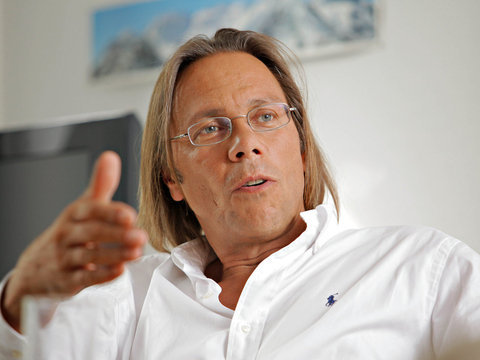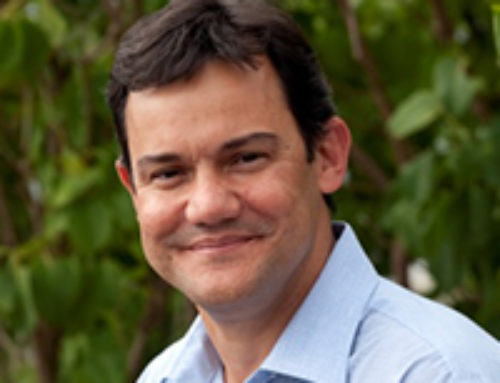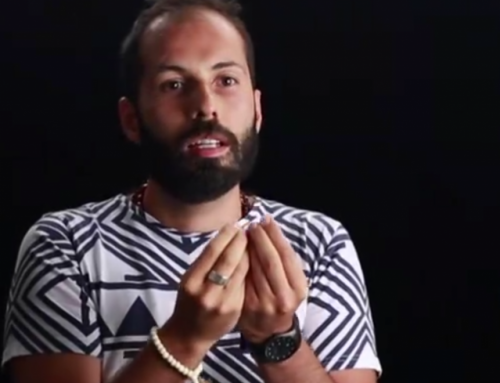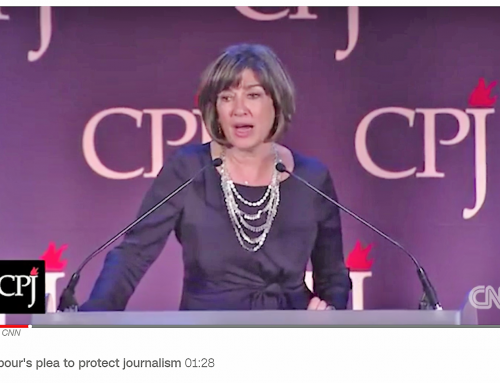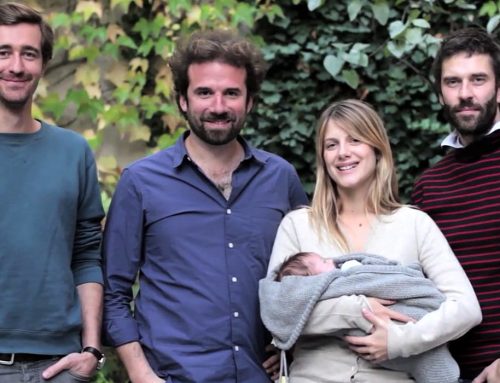“Almost everybody less than 40 years old has only heard very bad news about the destruction of the environment; this is just normal for them, they think that no one can do anything about it… and because of that, if we want to promote real change, we have to look at our problems from a different perspective, to be able to talk in a different way, to be able to think in a different way.”
Statements like those are quite common when you listen to Prof. Welzer, who also says that the green movement has achieved all that is possible to achieve with this type of movement, and now we have to move on and create something new. We have to create something that can help us protect the wonderful achievements of modern civilization – such us democracy, labor and human rights, health and food security, material comfort – and change the current concept of civilization/civilized. We should call “civilization” the way of living that protects these achievements.
The discussion should not even be about “changing capitalism” (which for him was only connected to “growth forever” in the 50’s), for him it is about creating a new way of thinking about civilization.
Prof. Welzer is not an environmentalist. He is a socio-psychologist, with expertise in mass violence, who became interested in the societal transition synthesized by the sustainability movement. During his studies on how populations become violent and adapt their moral values to do so, he was intrigued by the cases where such violence was motivated by environmental changes. From there, he has then tried to understand how our knowledge of – and education on – current environmental-social problems is changing society. He was very surprised by the fact that many more natural scientists were studying this question than sociologists and political scientists. The consequence, he says, is the lack of a political/civilizatory transition understanding of what is going on.
His first book on this subject was Climate Wars. His conclusions led him to give up his academic carrier and search for solutions in a more experimental manner.
His second book was Think by yourself! (“Selbst denken!” – not yet translated from German), in which he expresses his “call for action” in a very multifaceted way, covering green consumption to how the lack of time in our lives is destroying democracy.
He also describes his “suffering” because of our lack of imagination to tackle sustainability issues and lack of understanding about what is on stake. And finally, one finds his reflections about the importance of create some type of flexible “common vision” about the civilization we want to transit to. The reader will find a well crafted critique of the current green/fair trade movement, as he doesn’t believe that we should continue thinking that the sustainable future is a society that operates as ours does today, but a bit “greener” and has profound doubts about “greening our economy.” He also doesn’t believe in “green consumption.
He believes in innovators that are using this opportunity to reinforce democratic and fair values and working to reduce in 80% the total of energy and materials usage and contamination of today values. Some examples are cooperatives to produce and distribute energy, urban gardening, new ways of transportation, local fair production…
To collect these cases and publish them in the mainstream – not converted – media he has started the “Future2” Foundation.
I have been profoundly inspired by Prof. Welzer’s approach and hope we get more social scientists around!
ps:
For a good 30 min lecture, in English, click here.
For an ‘in depth one hour elaboration’, click here.
by Nelmara Arbex

